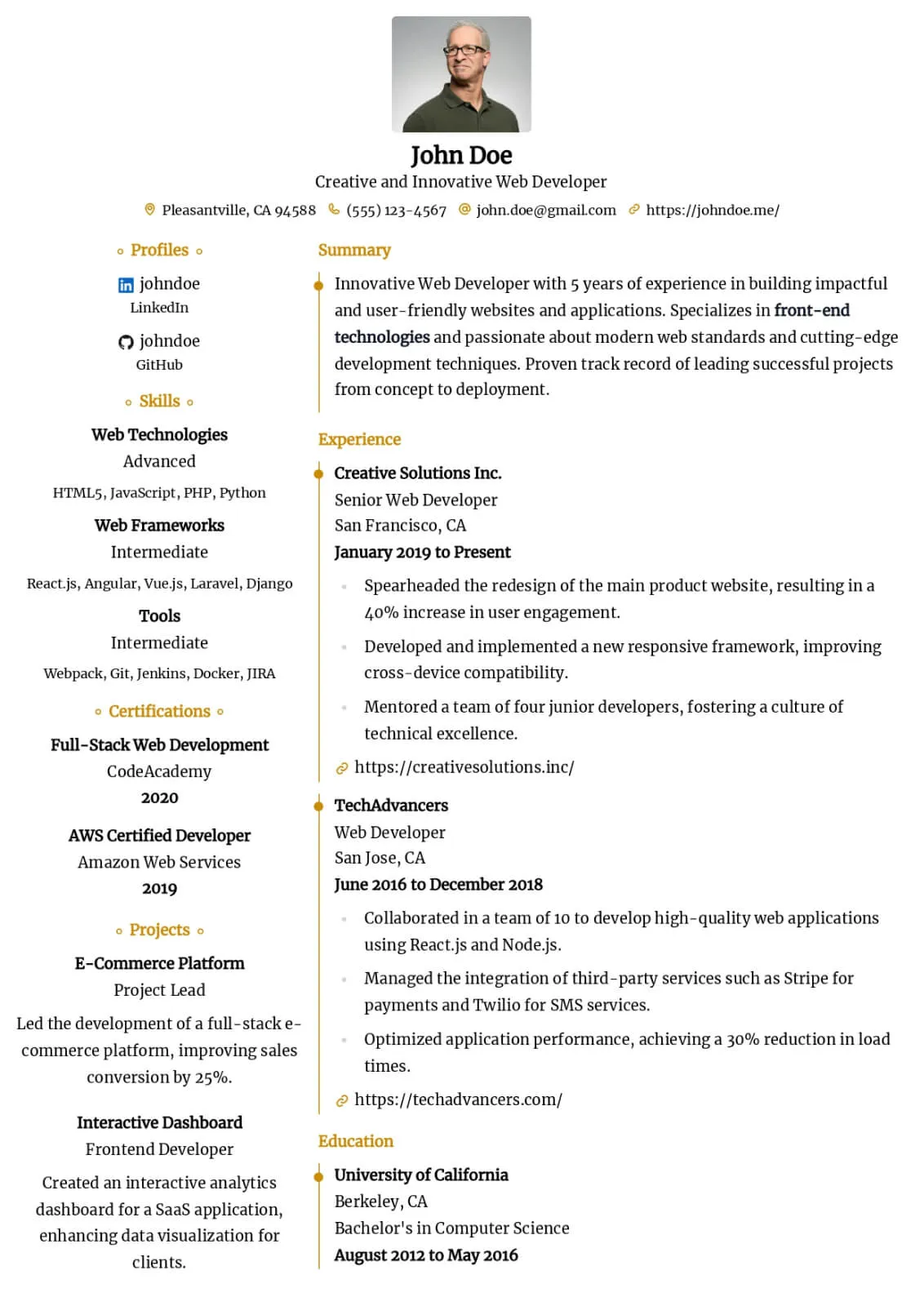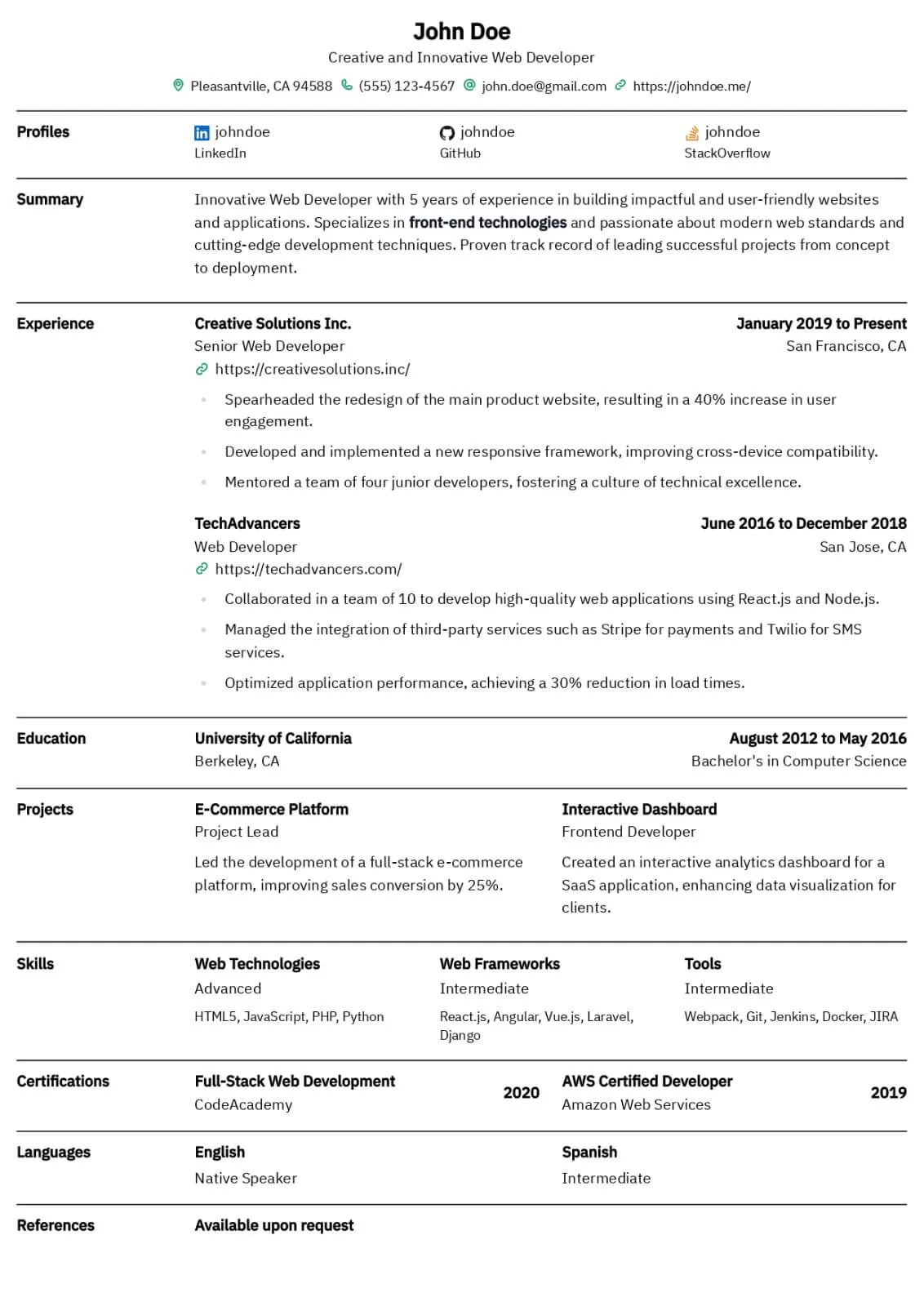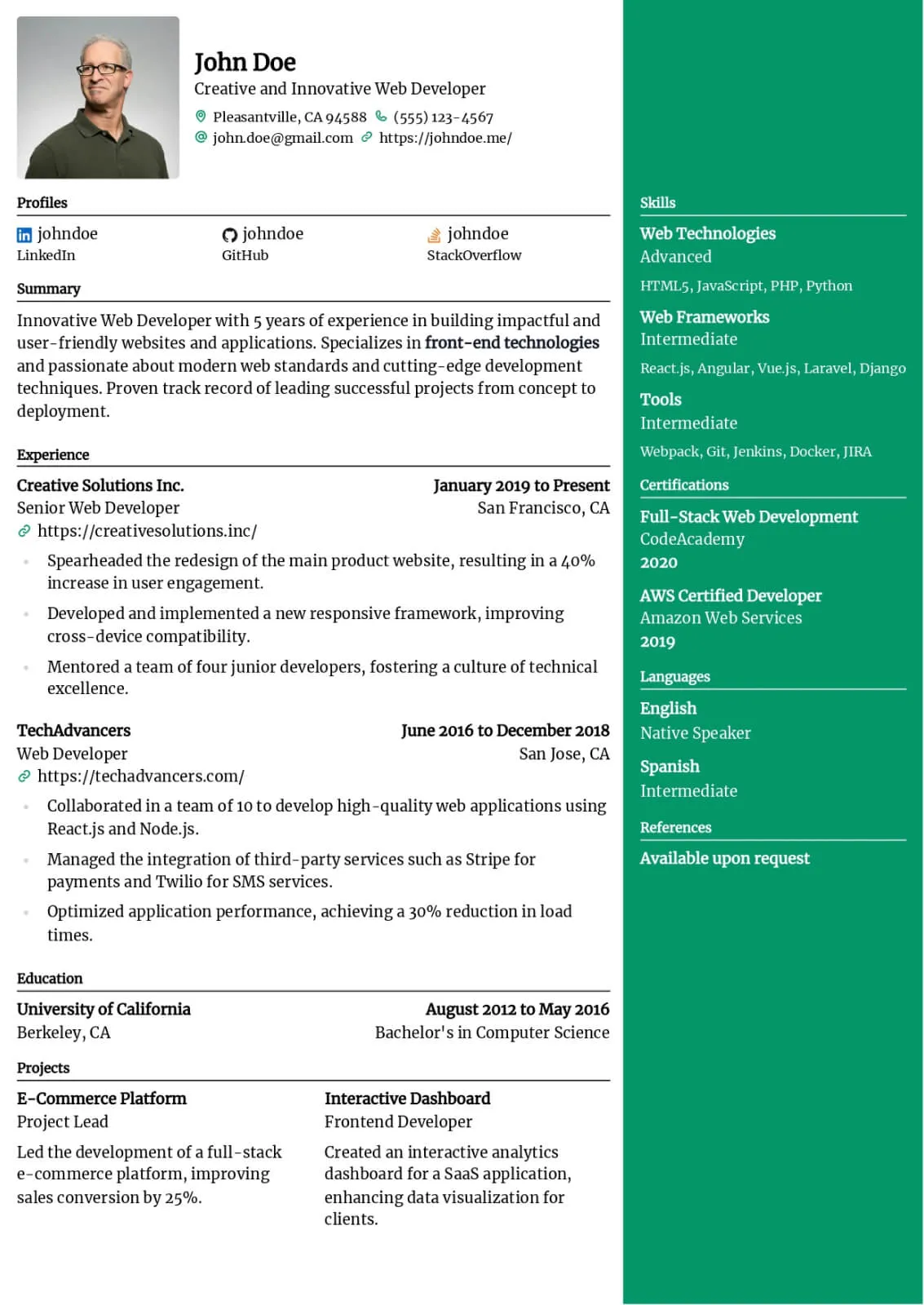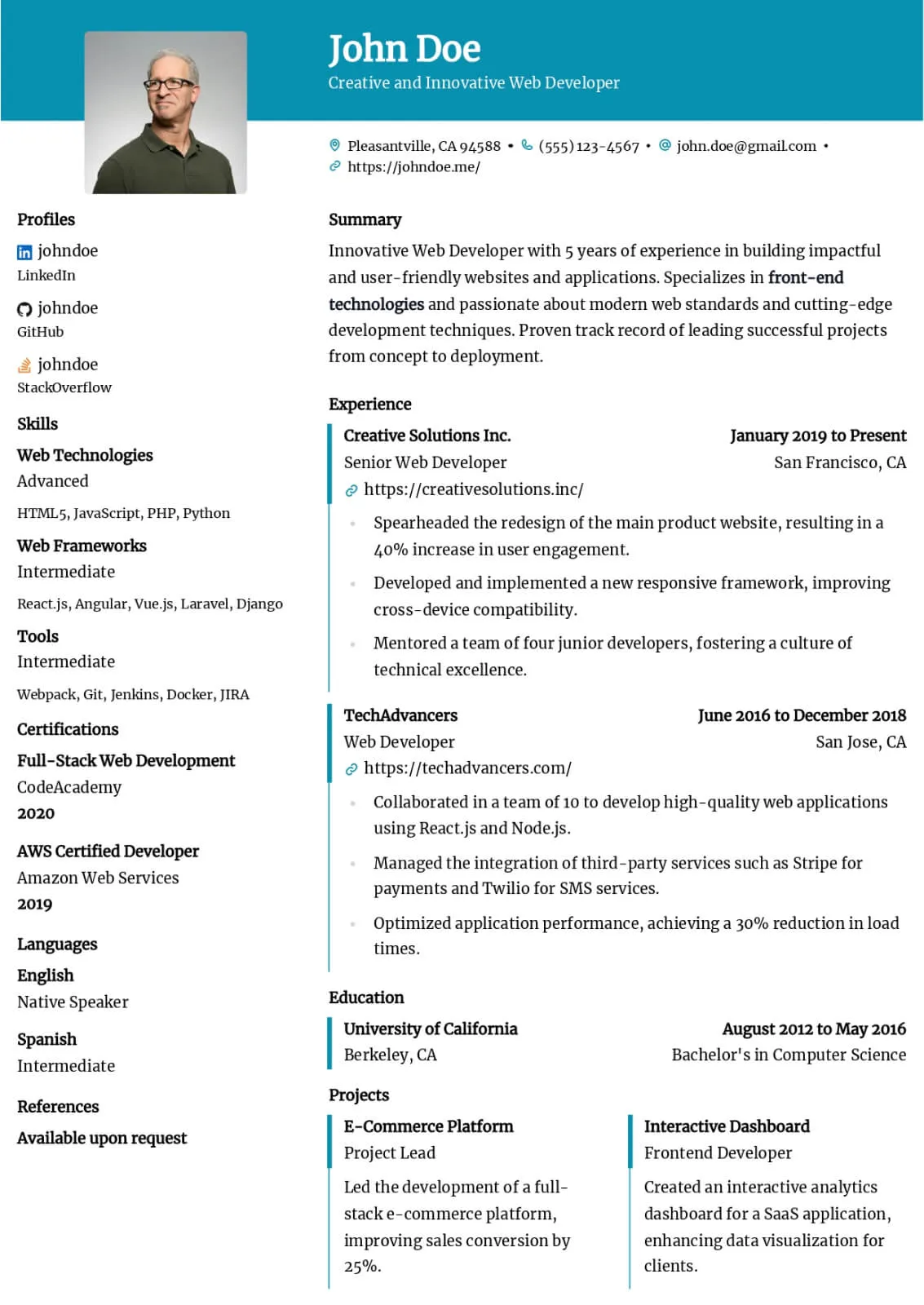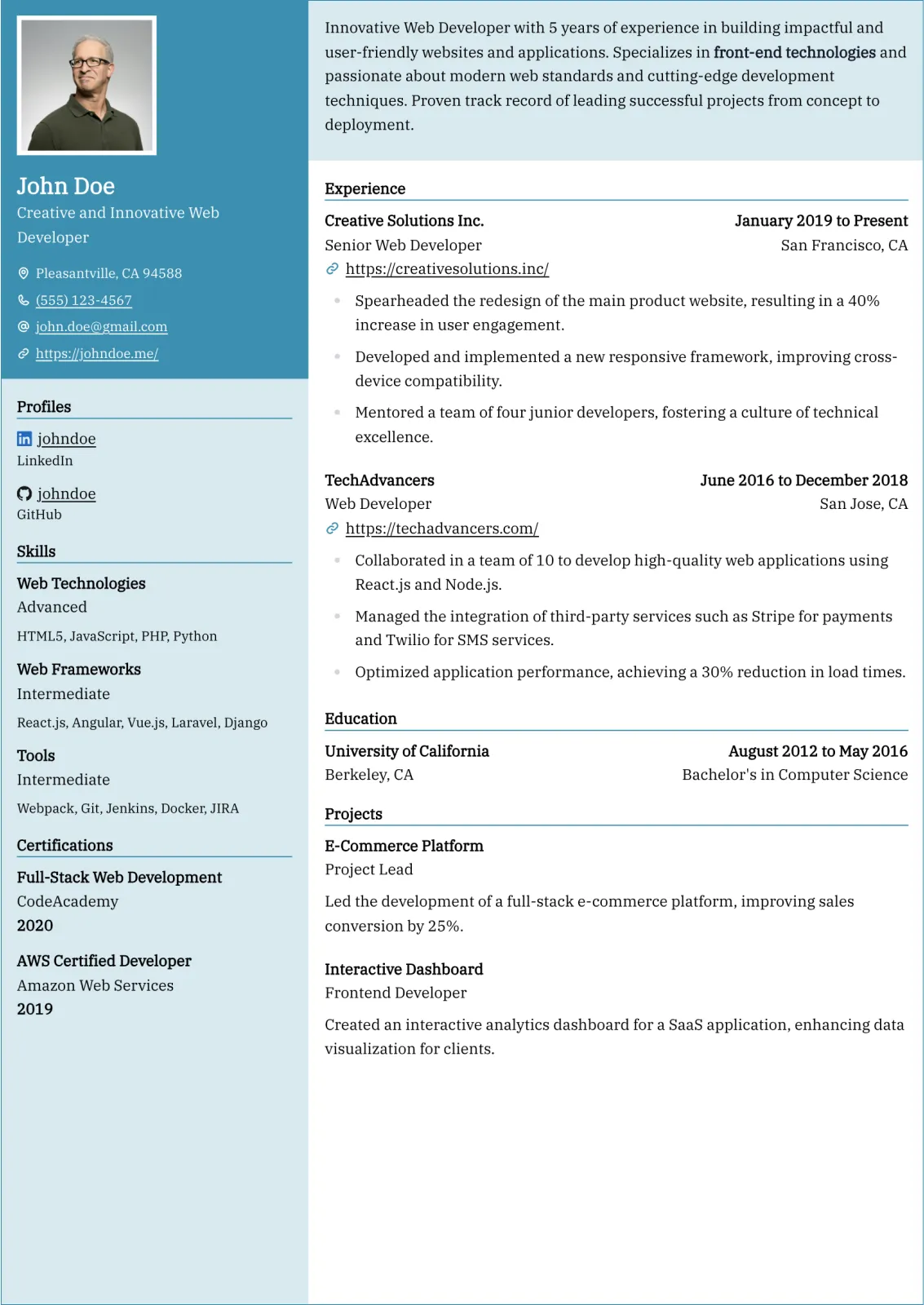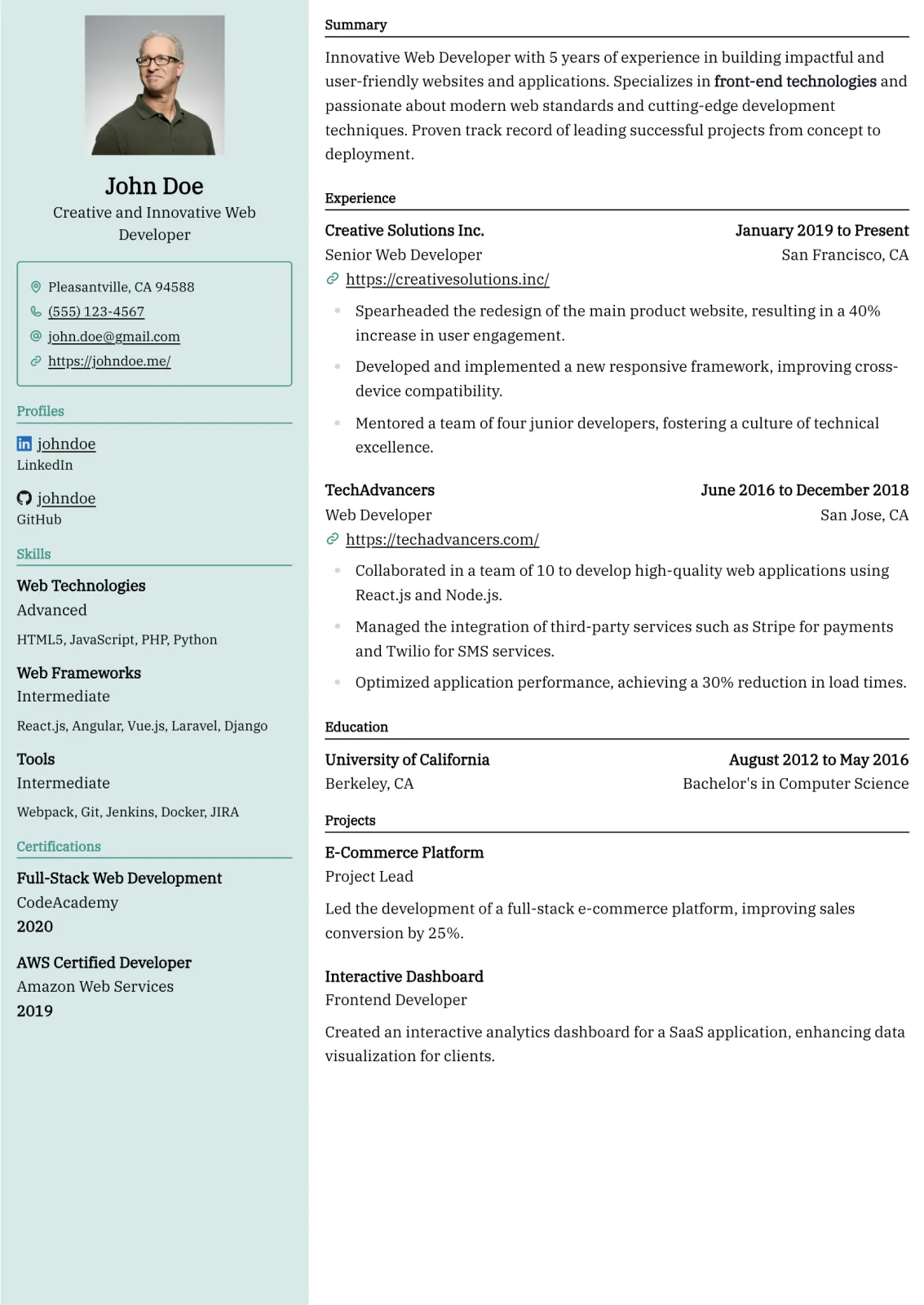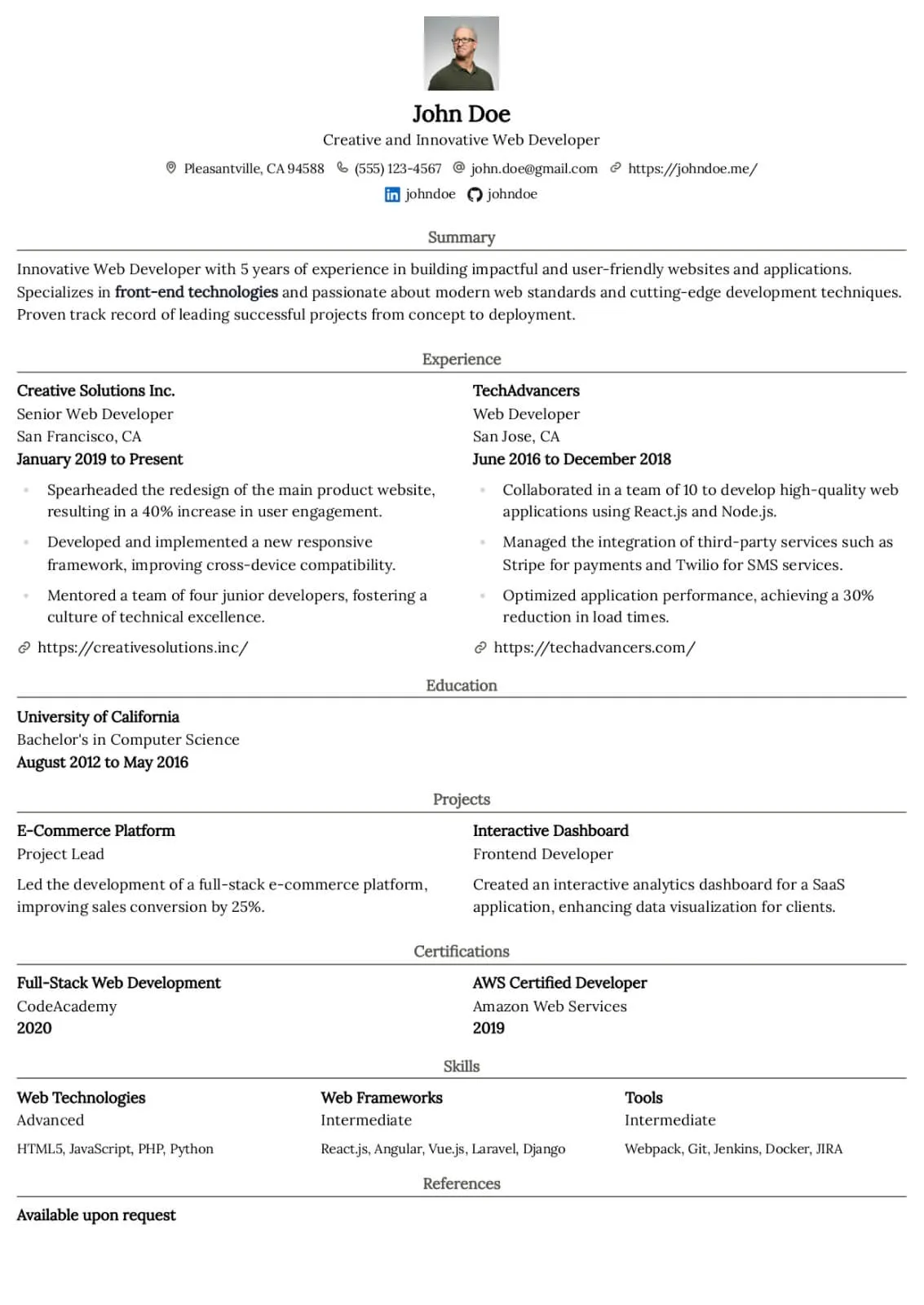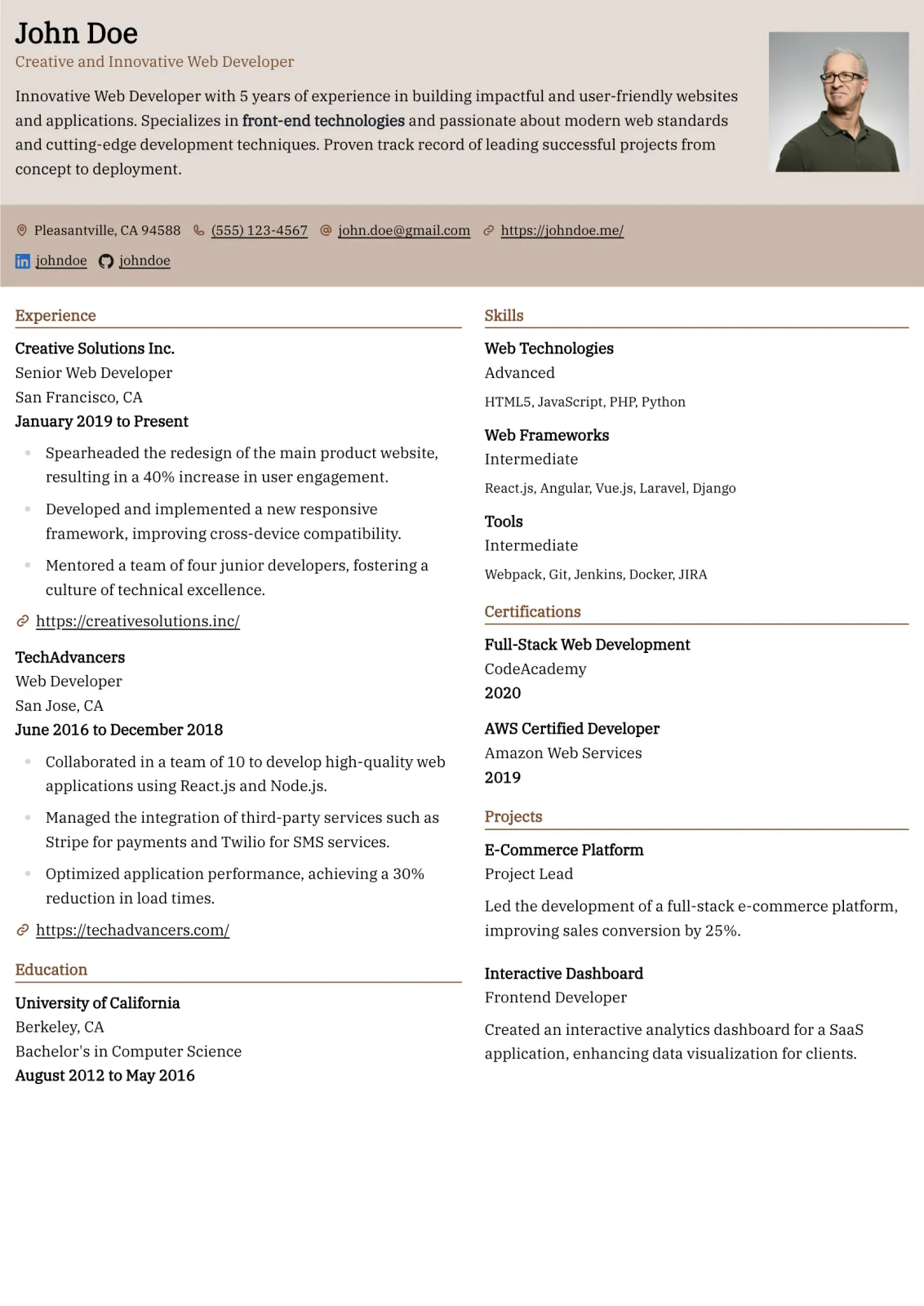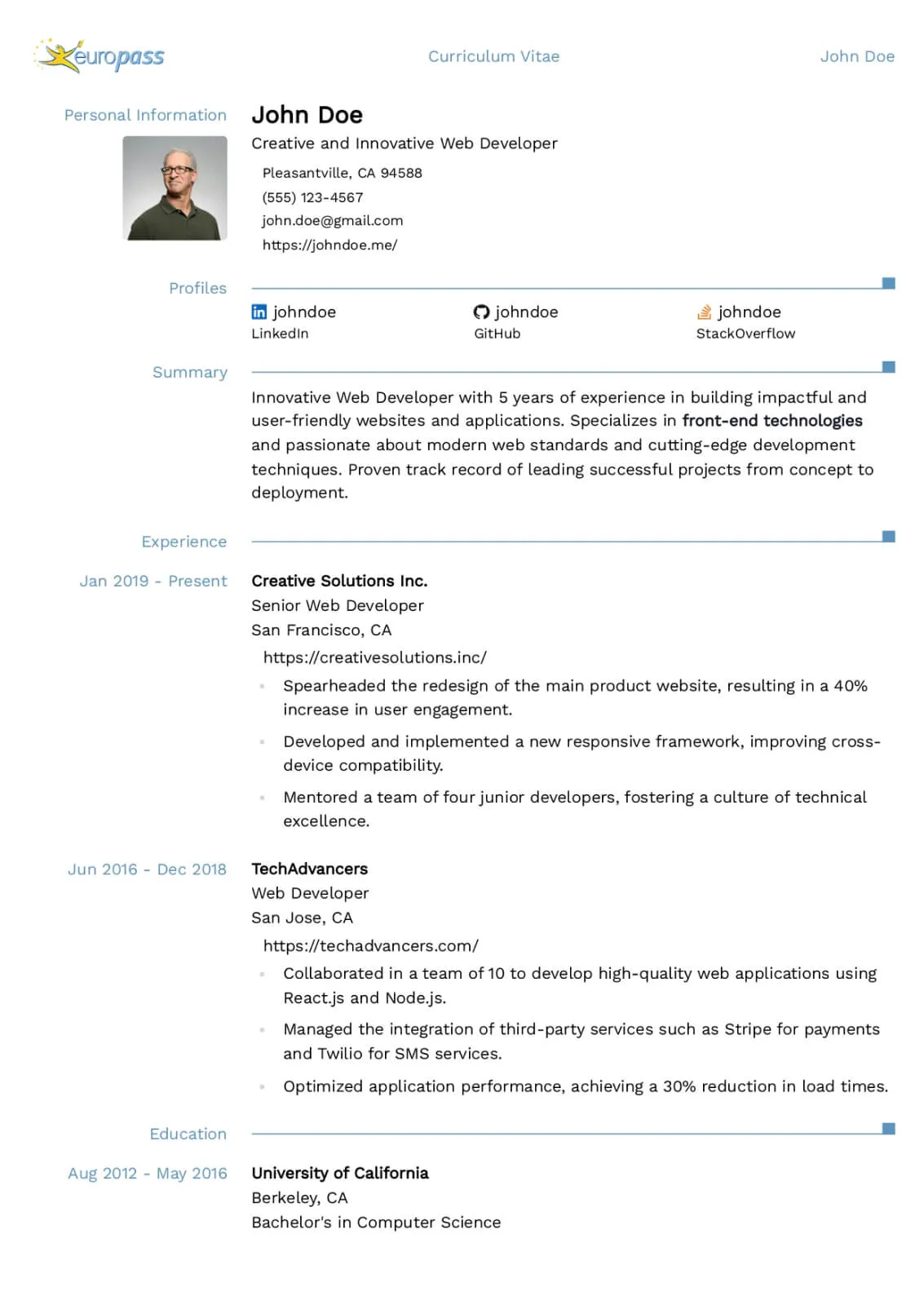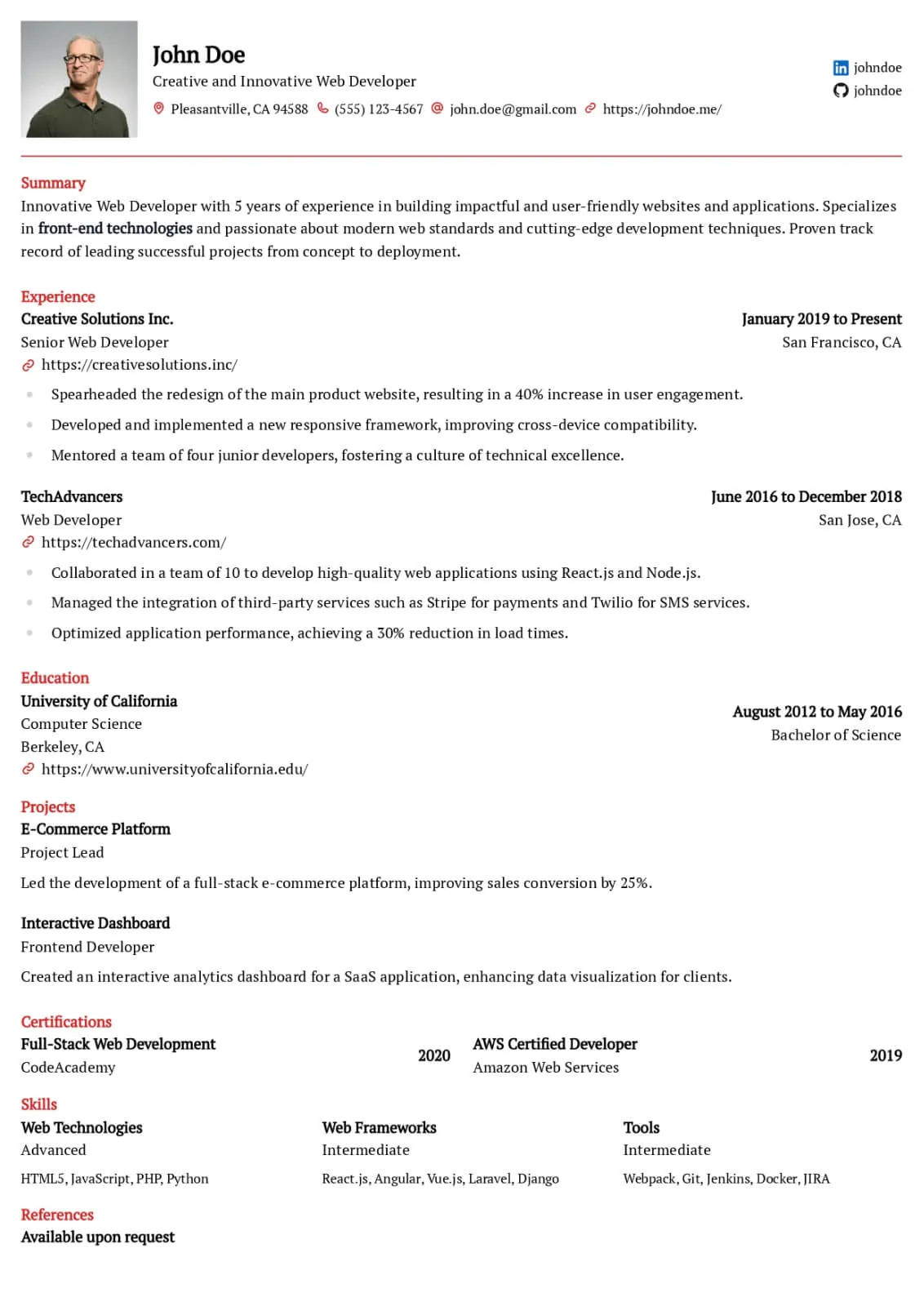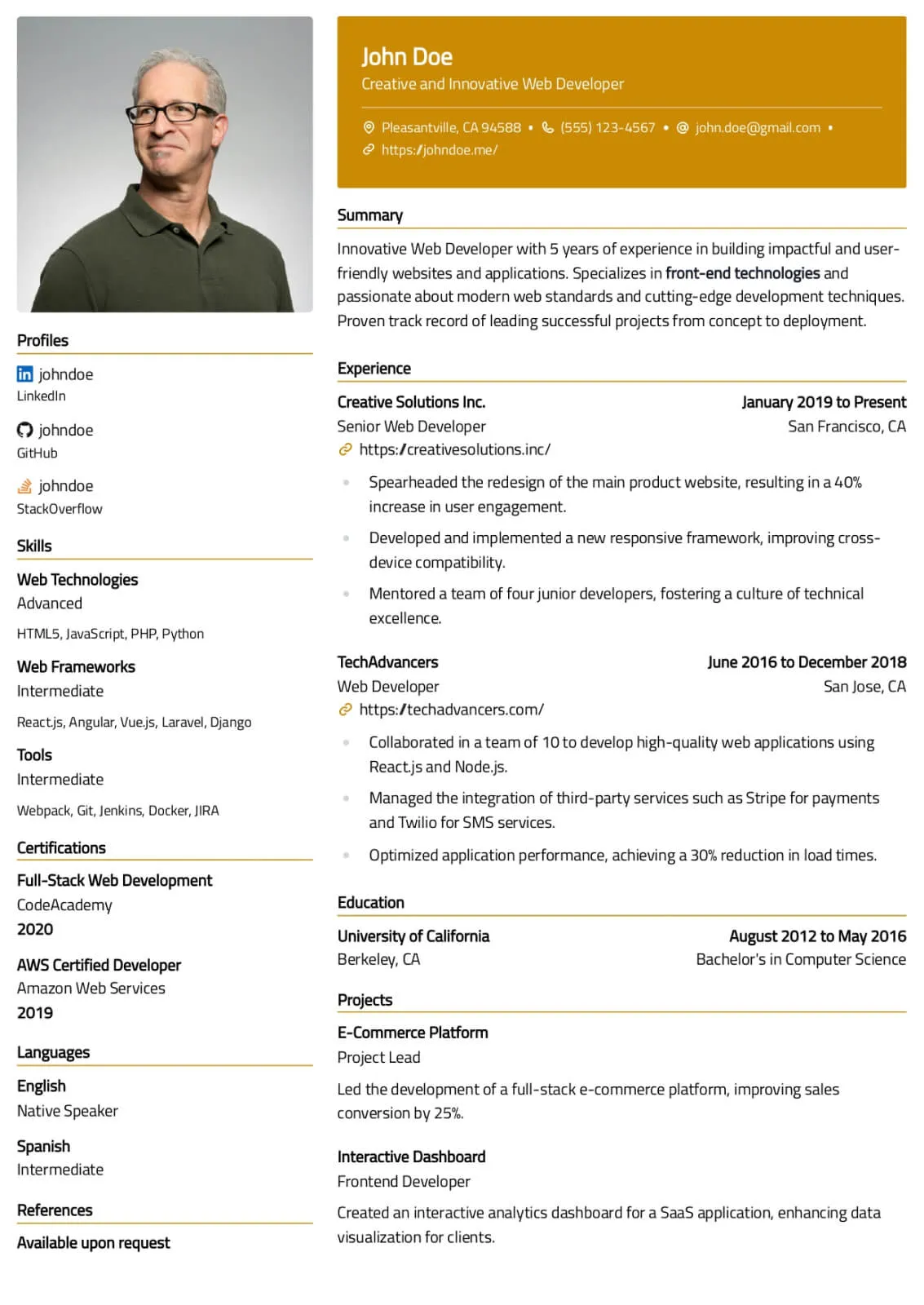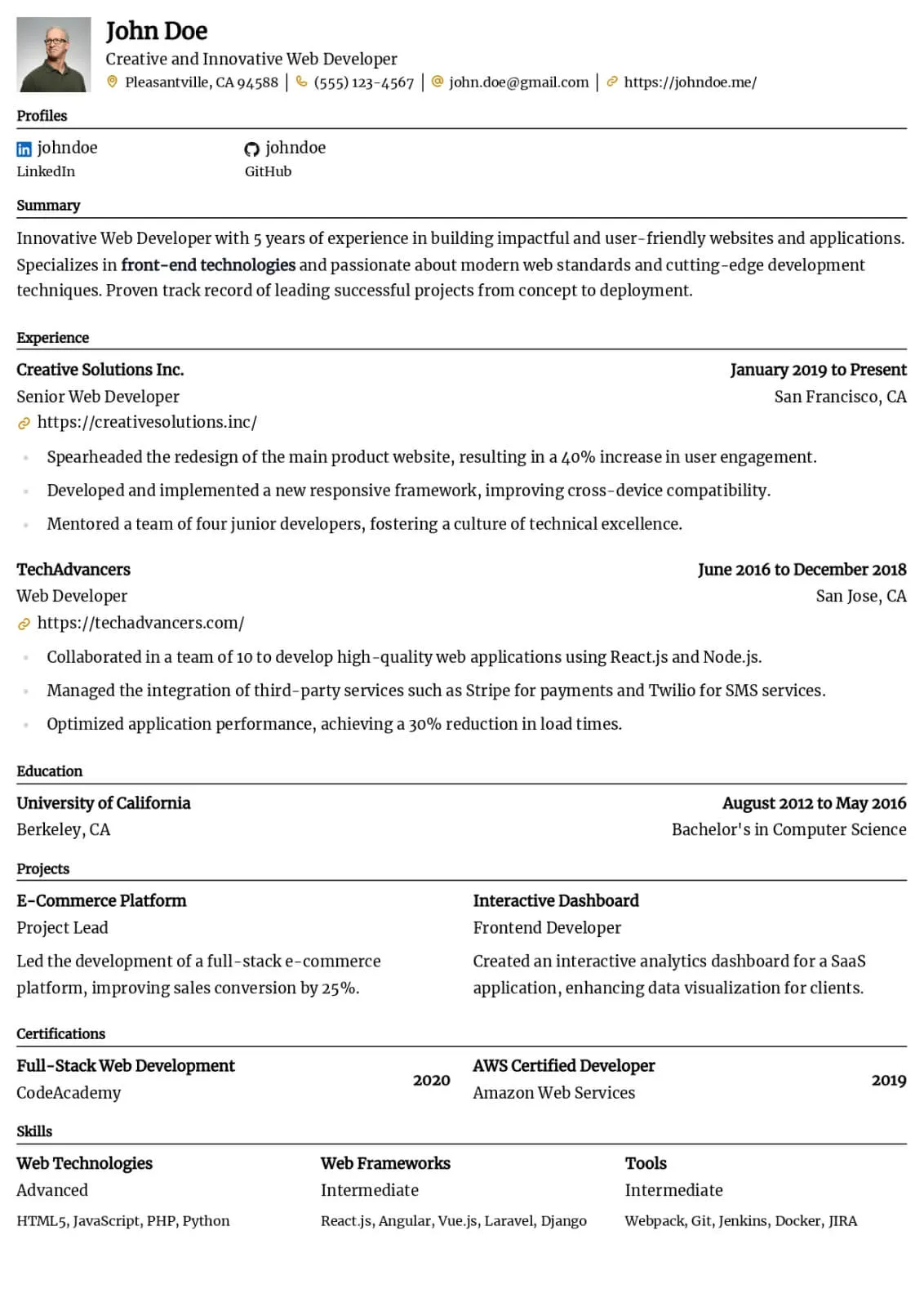How AI is Changing Resume Screening & What You Can Do About It

Introduction
Artificial Intelligence (AI) is transforming the way companies hire talent. From resume screening to candidate matching, AI-driven Applicant Tracking Systems (ATS) are now a crucial part of the hiring process. While these systems improve efficiency for recruiters, they also introduce new challenges for job seekers. Understanding how AI screens resumes and learning how to optimize your application can significantly increase your chances of getting noticed.
1. What is AI Resume Screening?
AI resume screening involves using machine learning algorithms to scan, filter, and rank job applications based on predefined criteria. These systems analyze resumes for relevant keywords, experience, skills, and formatting to determine whether a candidate fits a role. Instead of human recruiters manually reviewing every application, AI handles the initial screening, ensuring that only the most relevant candidates move forward.
2. How Do Applicant Tracking Systems (ATS) Work?
Most companies use ATS software to manage large volumes of job applications. Here’s how it works:
- Resume Parsing: The system extracts text from your resume, breaking it down into categories like work experience, education, and skills.
- Keyword Matching: AI scans for specific job-related keywords that match the job description.
- Ranking Candidates: Based on keyword frequency, formatting, and experience relevance, the ATS assigns a score to each resume.
- Filtering Out Unqualified Resumes: Resumes that don’t meet the minimum score threshold are often discarded before a human recruiter sees them.
3. Why AI Screening Can Be a Challenge for Job Seekers
While AI streamlines hiring, it also creates obstacles for candidates:
- Over-Reliance on Keywords: If your resume lacks the right terms, even if you're qualified, it may not make it past the ATS.
- Strict Formatting Rules: Complex designs, tables, or graphics can confuse AI systems, leading to misinterpretation or rejection.
- Limited Context Understanding: AI may struggle to understand unique career paths, unconventional experience, or transferable skills.
4. How to Optimize Your Resume for AI Screening
Here are actionable strategies to improve your resume’s chances of passing AI filters:
- Use Job-Specific Keywords: Extract relevant keywords from the job posting and incorporate them naturally throughout your resume.
- Stick to Standard Formatting: Use a clean, ATS-friendly format with clear headings (e.g., Work Experience, Skills, Education) and avoid tables or images.
- Use Standard Job Titles: AI may not recognize unconventional job titles, so align yours with common industry terms.
- Submit Your Resume in the Right Format: Many ATS prefer .docx files over PDFs to ensure proper text parsing.
- Keep Bullet Points Concise: Clearly outline your achievements in short, quantifiable statements.
5. The Future of AI in Resume Screening
AI technology in hiring continues to evolve. Some advancements include:
- Predictive Hiring Models: AI may predict a candidate’s job success based on behavioral and skill assessments.
- Bias Reduction Efforts: Developers are working on AI models that minimize bias by focusing on skills rather than personal demographics.
- Video Interview Analysis: AI-powered video assessments are increasingly used to analyze tone, speech patterns, and facial expressions.
Conclusion
AI-driven resume screening is here to stay, and job seekers must adapt to this evolving landscape. By understanding how ATS and AI hiring tools work, you can optimize your resume to increase your chances of landing an interview. Use strategic keywords, keep formatting simple, and ensure your experience is clearly outlined. Staying informed about AI hiring trends will help you stay competitive in the job market.
Categories
Related Articles
Try our Sample Resume Editor
In this section, you can experiment with different formatting options and templates using a sample resume. The editor allows you to customize the layout, fonts, and styling to see how your resume will look in various formats.
